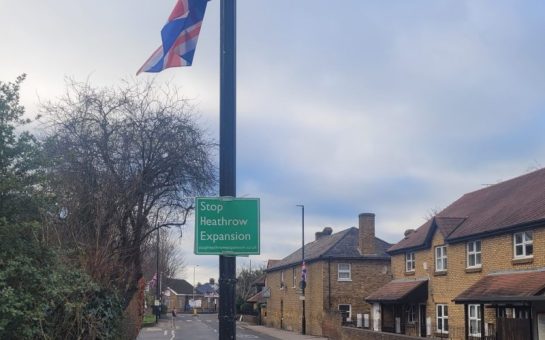Research from a Onepoll survey last month has revealed the impact of NHS pressure on people receiving treatment for other conditions.
London had the highest proportions of people testing positive for coronavirus in January according to the Office for National Statistics, but numbers have continued to fall since then, from 2.73% to 0.44% between 17 January and 27 February.
Out of 2000 respondents in a nationally representative sample across the UK, 25% of Londoners have had medical treatment delayed by the NHS and seen their condition subsequently worsen.
Madeline Santulu, a therapy assistant at a London hospital, said: “Patients are not getting 100% of the therapy that they should because of COVID.”
The survey commissioned by Patient Claim Line, the UK’s highest-medical negligence solicitors, also revealed that 21% of the region delayed their medical treatment and 27% are or have considered delaying it.
Furthermore, 39% of Londoners who delayed their treatment said they did not want to put extra strain on the NHS and 60% did so because they are worried about catching COVID whilst getting treatment.
Moreover, 49% of respondents said their condition worsened as a result of delaying their treatment.
Santulu works with people who have recently had surgery and trauma.
Those who need hip replacements, for example, may experience delays, but she said stroke patients need some kind of treatment within the first 24 hours or it could prove fatal.
Santulu added: “We do physiotherapy in patient’s homes so they can be as independent as they can, but they need good assistance. Now it is very difficult because they don’t even have their relatives to visit them. We are the ‘relatives’ now as workers.”
Prior to the pandemic, her work was either a 50/50 split between treating patients in the hospital and in their homes, or sometimes even more community-based but since COVID, home-visits have had to be limited to about 25% of the time.
As well as general operations being postponed, the Sunday Telegraph revealed in January 3,840 cancer patients in London have been waiting more than two months for their first treatment.
Santulu said: “These patients are vulnerable, and they are immunosuppressed so if they catch COVID, it will attack them more than a person who is healthy. They become worse at home, and when they are brought in they are very sick.”
Despite the challenges of the past year, 81% of Londoners reported greater appreciation for the NHS now than before the pandemic.
Patient Claim Line senior litigation executive Kirsty Parkes said: “In the first instance, you should speak to your GP and explain your concerns. Your GP will not only be able to give you advice about what to do, but they may be able to request that your hospital treatment is brought forward or expedited if your condition warrants you being seen as a matter of greater urgency.”
Patient Claim Line senior solicitor Hannah Luscombe added: “When you are referred for a hospital appointment, you can choose to go to any NHS hospital that provides that service. You have the right to choose a team or consultant, provided that your referring doctor agrees that your choice is appropriate. You can choose a team based at any hospital.
“If you need urgent medical attention or your condition is life-threatening, you can go directly to A&E without needing a referral from your GP.”
Patients are also entitled to a second opinion after seeing a consultant, which must be requested from the consultant or the GP, and patients can use the NHS complaints procedure if dissatisfied with their treatment.
More information and guidance concerning patient rights is available along with data from the survey here. Credit Patient Claim Line’s COVID resource page.




